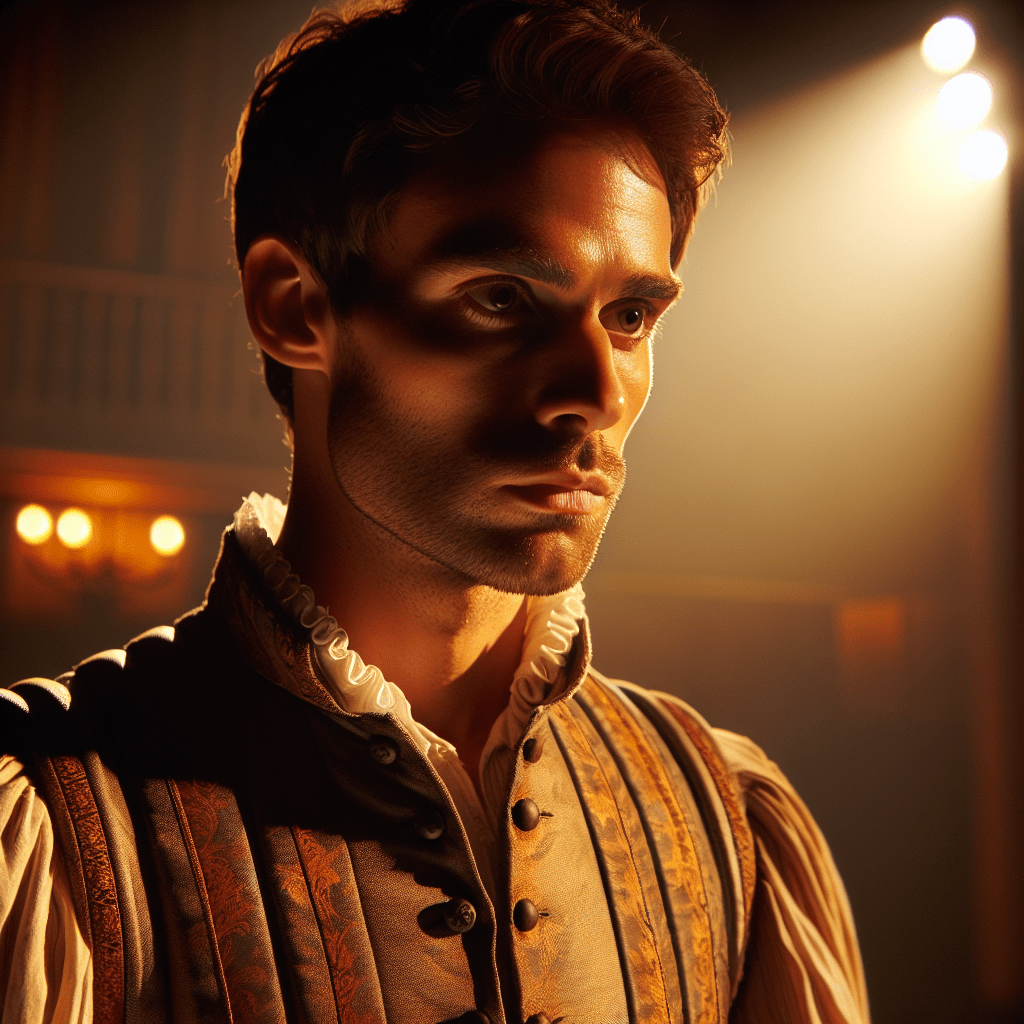## The Remarkable Career of Mark Rylance: From Stage to Screen Excellence ##
Mark Rylance is a figure whose work traverses the realms of theater and cinema, captivating audiences with his intense performances and versatile acting abilities. His artistic journey speaks to a dedication to his craft that few can match, from Shakespearean plays to Hollywood films. This article aims to encapsulate the multifaceted nature of Rylance’s career, scrutinize his most notable achievements, and provide insights into what makes him a standout figure in the world of performance arts.
Early Years and Theater Beginnings
Born as David Mark Rylance Waters on January 18, 1960, in Ashford, Kent, England, Rylance spent much of his early life in America before returning to the UK to pursue his passion for acting. He trained at the Royal Academy of Dramatic Art (RADA) and began emerging on the stage in the early 1980s. His name became synonymous with innovative and profoundly moving performances.
Rise to Prominence in the Theater World
However, it was with theater, particularly his association with Shakespeare’s plays, where Rylance’s prowess became undeniably apparent. In 1995, he became the first Artistic Director of Shakespeare’s Globe in London, a post he held for an impressive decade. Under his helm, the Globe pushed the boundaries of traditional theatre while receiving worldwide acclaim for reviving traditional Shakespearean staging techniques.
Breakthrough Roles and Accolades
Rylance has earned immense recognition for roles like Rooster Byron in “Jerusalem,” winning both Olivier and Tony Awards for his mesmerizing performances. His unparalleled delivery of Shakespearean dialogue, as seen in “Twelfth Night” and “Richard III,” underscores his comprehensive grasp of classic texts and capacity for reinvention.
Venturing into Film and Television
Venturing beyond the stage into film and television, Rylance has demonstrated his ability to convey substantial depth of character. With leading roles in critically acclaimed films like “Bridge of Spies,” for which he won an Academy Award for Best Supporting Actor, Rylance solidified his status as an actor capable of impacting the world beyond live theater. Additionally, his performances in “Dunkirk” and “The BFG” showcase the breadth of roles he can inhabit – from historical figures to fantastical characters.
Philanthropy and Personal Interests
Beyond his professional pursuits, Rylance is known for his humanitarian work and environmental advocacy. This off-stage role amplifies his dedication not only to his craft but also to meaningful global issues affecting both humanity and our planet.
Maintaining Artistic Integrity
Throughout his successful career, Rylance has remained true to an ethos of artistic integrity. He often chooses projects that align with his dedication to storytelling and dramatic exploration rather than purely commercial successes. This has endeared him to audiences who appreciate authenticity and sincerity within the arts.
Notes
Image description: A contemplative Mark Rylance dressed in period costume performs on stage under warm stage lighting, emulating one of his famed Shakespearean roles. His expressive eyes and intense focus convey a moment captured where narrator’s description becomes lifetime’s reality within the ephemeral world of theater.
